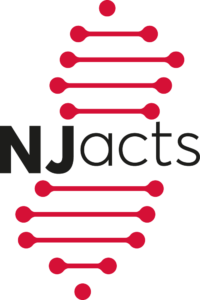 Please read Dr. Tafuto’s article in the Journal of Clinical and Translational Science titled, “REDCap as an accreditation tool for academic programs in clinical research: A case study.“
Please read Dr. Tafuto’s article in the Journal of Clinical and Translational Science titled, “REDCap as an accreditation tool for academic programs in clinical research: A case study.“
Academic program accreditation benefits all aspects of higher education because the process requires continuous data-driven assessments designed to document and improve the rigor of a program’s curriculum and its level of student success. While licensed careers traditionally require an accreditation component within the degree, there also exist programs where accreditation is not mandated but is pursued to ensure the professionals graduating from such programs meet a recommended set of competencies. This paper outlines a rationale for pursuing accreditation for a clinical research management master’s program and describes and assesses the value of customizing a supplementary data collection tool for reducing the accreditation process’s administrative burden.
In 2019, Rutgers Biomedical Health Sciences (RBHS) along with Princeton University and New Jersey Institute of Technology were awarded the Clinical and Translational Science Award (CTSA) and formed the New Jersey Alliance for Clinical and Translational Science (NJ ACTS). Once funded, NJ ACTS recommended restructuring educational programs relating to clinical and translational science (CTS) to support the training and education goals aligned with the CTSA funding parameters. To that end, one of the primary goals for the workforce development core for the initial NJ ACTS grant (2019–2024) was to ensure that (a) degree programs in CTS were available; (b) these programs included clear, universally accepted professional core competencies; and (c) evaluation for these core competencies were well defined. To read the full article.
REDCap as an accreditation tool for academic programs in clinical research: A case study. Tafuto B, Lechner DW. J Clin Transl Sci. 2024 Oct 31;8(1):e185. PMID: 39655032 PMCID: PMC11626575 DOI: 1017/cts.2024.615
